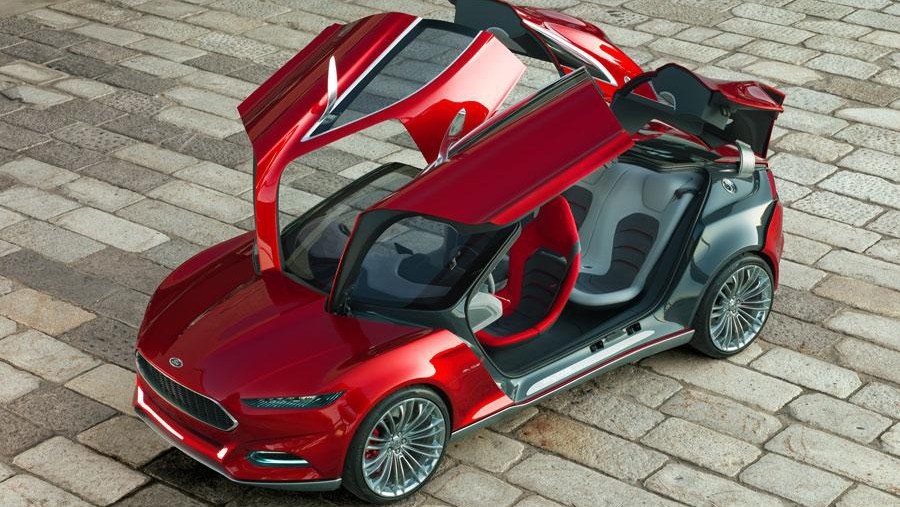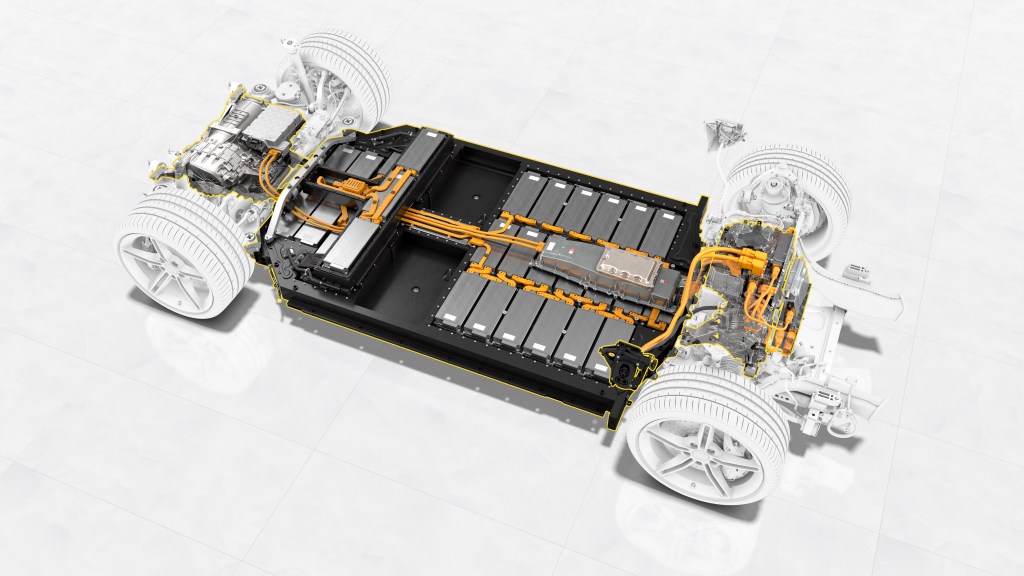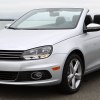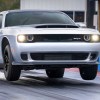
2019 Frankfurt Motor Show: No-Shows and Other Problems
Germany’s Frankfurt Motor Show is the big yearly show in Europe. Actually, it’s the world’s largest auto show. As such, all of the car companies need to be there to stake their claim as part of the worldwide manufacturing community. It’s a must-attend-event. Especially this year with all of the EVs and new tech making debuts.
So, how come there are so many companies not participating this year, and what’s up with all of the added security? And, why all of the doom and gloom heading into the show next week?
About 30 manufacturers will not be in Frankfurt this year. Not only that, but those choosing not to attend represent over 30% of sales in Europe. This is a huge chunk of cars that sell in big numbers in Europe not being represented at the largest auto show in the world.
Which Companies Won’t Be At the Frankfurt Motor Show?
The companies avoiding the Frankfurt Motor Show aren’t small-time manufacturers. Fiat Chrysler with its Alfa Romeo, Jeep, and Ram vehicles will be absent. So too will be the PSA Group, which is Europe’s second-largest manufacturer. That means Citroen and Peugeot will not be there. Both Toyota and Volvo are skipping the show this year, too.
Frankfurt Motor Show Protests
There is one group that will not be wanted there, which may be showing up in force. That would be anti-car protesters who are coming to disrupt things in the name of climate activism. Due to this, security will be extremely heavy to ensure a smooth-running show.
Economic Problems
Protests won’t be the only dark cloud hovering over the Frankfurt Motor Show. The economy in Germany is trending down, with manufacturing down 5% with exports dropping to their lowest figures in six years. The troubles causing these downward trends are numerous.
Trump’s tariffs and the questions over Brexit and how it will affect the world loom large. North American sales have leveled off, and are declining in China. The massive amounts of capital being spent on electrifying and autonomous driving are in the billions of dollars. All of this is affecting how companies plan for future spending. It could also overtake companies without the capital to invest in these coming technologies. Some see a certain number of manufacturers disappearing from the car world.
Europe’s stricter CO2 regulations take effect next year and then get even tighter in 2025 and again in 2030. The ongoing issues with diesel emissions fraud have cooled diesel sales.
Consolidation and partnering with other competitors seem to be one way to approach this rapidly changing environment. Ford and VW have recently announced they will spend billions of dollars to develop an electric car platform they will share.

Electric Car Future
Some companies are choosing to adapt current or future conventional platforms for future EVs, while others are biting the bullet and practically betting the company on new battery-only platforms and autonomous driving futures. Some, like BMW, seem to be late to the EV game.
Those companies with new technology such as Porsche with its Taycan, Volkswagen debuting the ID.3, and Honda with the electric E are all anxious to have their new products shown for the first time and to see consumers’ reactions. For them, this is an exciting time and an important show.
It will be interesting as we start the beginning of show season what economic and technological challenges lay ahead, and whether consumers are really ready to embrace the electric tide of new products.



